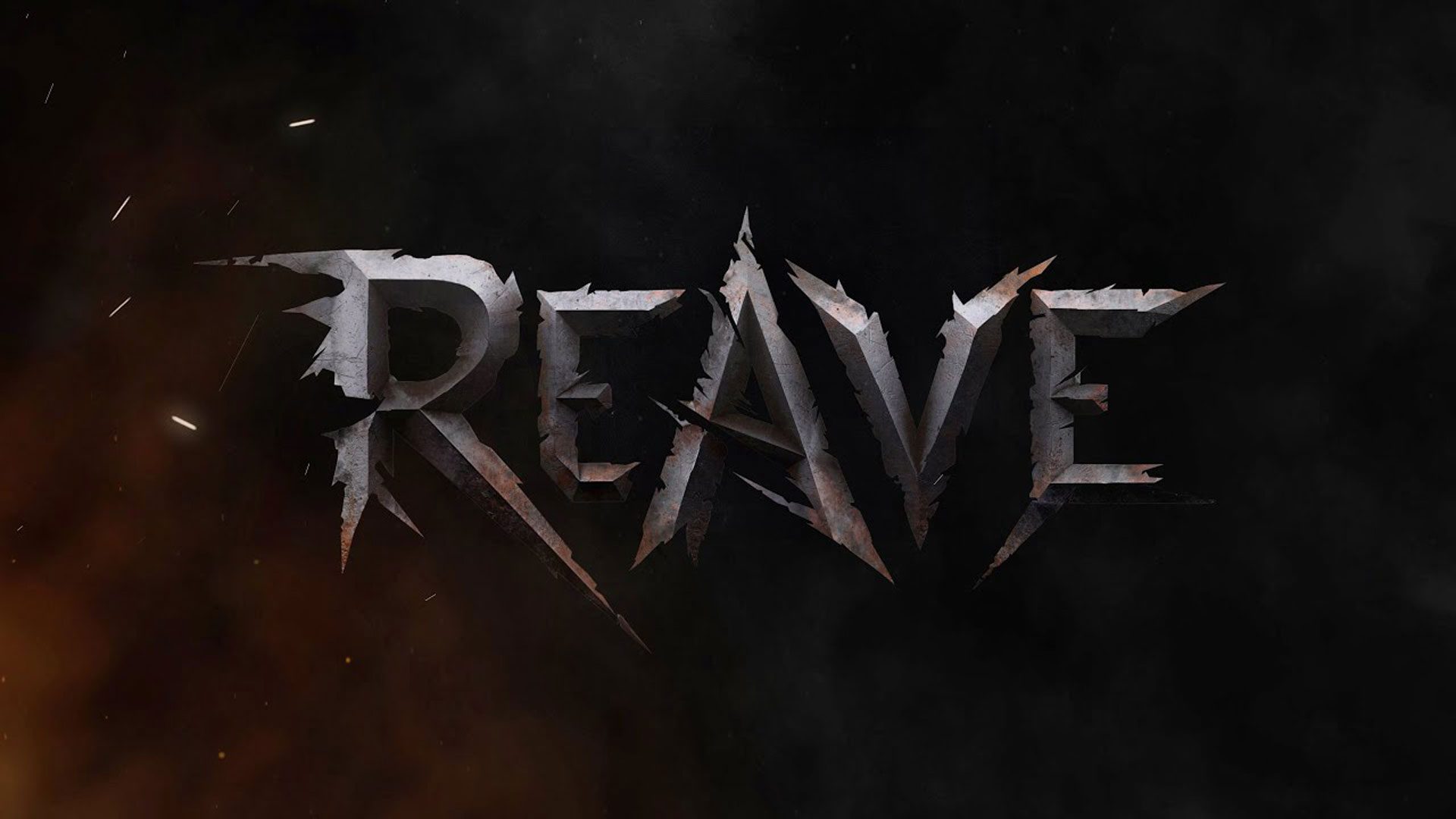Nintendo has decided to hold off on starting pre-orders for the Switch 2 in the United States. This decision came just days after the U.S. government introduced widespread tariffs affecting a large number of countries. In a message to Tom’s Hardware, Nintendo stated, “We have postponed the opening of pre-orders for the Switch 2 in the U.S., originally set for April 9, 2025. This is to consider the possible effects of tariffs and changing market conditions. We’ll provide an update on the new timeline once we know more. The console is still planned to launch on June 5, 2025.”
Last Wednesday, Nintendo revealed the Switch 2, announcing it would sell for $449. Since the console is assembled in China and Vietnam, Nintendo faced concerns about significant import fees. While the U.S. previously considered high tariffs on Chinese imports, Nintendo could have potentially avoided these by shipping from Vietnam. Unfortunately, the new tariffs, dubbed “Liberation Day” by Trump, took Nintendo by surprise. The tariffs now impose a hefty 54% on Chinese products and an unexpected 46% on goods from Vietnam.
With these increased fees, there’s a strong chance the announced price will need to be reconsidered. This price surge is not ideal, especially as the new Switch is already priced at a premium compared to its predecessor. However, there’s optimism that Nintendo might manage to keep the price unchanged for the June 5 launch.
There’s some talk from Vietnamese journalists suggesting that Trump’s 46% tariff on Vietnam could be a strategy to bring Vietnam into trade discussions. The Vietnamese Deputy Prime Minister, Ho Duc Phoc, is set to visit the U.S. soon. If Vietnam and the U.S. can strike an agreement, we might see a reduction in these tariffs.
Nevertheless, if the tariffs remain high when the console launches, Nintendo might have to increase the price in North America to cover these additional costs. This won’t be welcome news for many fans of the company. But Nintendo isn’t alone in this; many firms are likely dealing with similar challenges due to the broad scope of these tariffs.













































